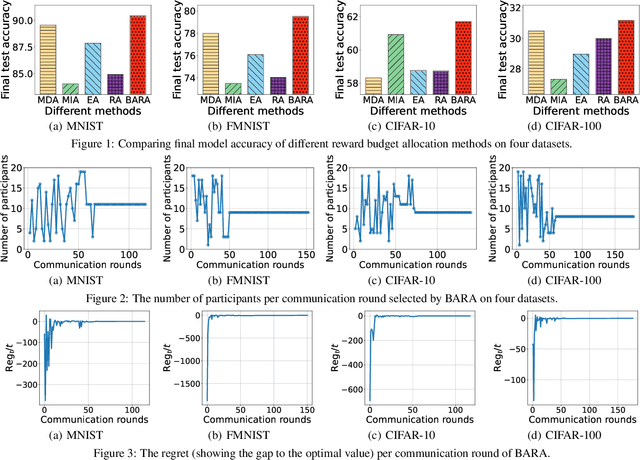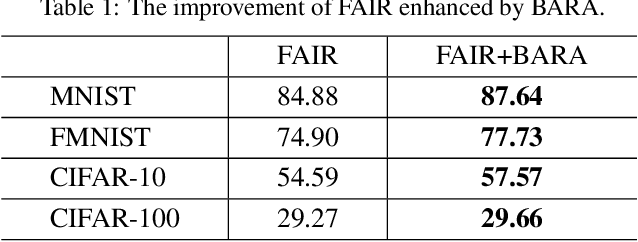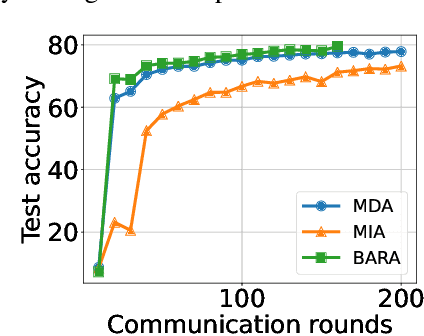Yunchao Yang
BrainFounder: Towards Brain Foundation Models for Neuroimage Analysis
Jun 14, 2024



Abstract:The burgeoning field of brain health research increasingly leverages artificial intelligence (AI) to interpret and analyze neurological data. This study introduces a novel approach towards the creation of medical foundation models by integrating a large-scale multi-modal magnetic resonance imaging (MRI) dataset derived from 41,400 participants in its own. Our method involves a novel two-stage pretraining approach using vision transformers. The first stage is dedicated to encoding anatomical structures in generally healthy brains, identifying key features such as shapes and sizes of different brain regions. The second stage concentrates on spatial information, encompassing aspects like location and the relative positioning of brain structures. We rigorously evaluate our model, BrainFounder, using the Brain Tumor Segmentation (BraTS) challenge and Anatomical Tracings of Lesions After Stroke v2.0 (ATLAS v2.0) datasets. BrainFounder demonstrates a significant performance gain, surpassing the achievements of the previous winning solutions using fully supervised learning. Our findings underscore the impact of scaling up both the complexity of the model and the volume of unlabeled training data derived from generally healthy brains, which enhances the accuracy and predictive capabilities of the model in complex neuroimaging tasks with MRI. The implications of this research provide transformative insights and practical applications in healthcare and make substantial steps towards the creation of foundation models for Medical AI. Our pretrained models and training code can be found at https://github.com/lab-smile/GatorBrain.
BARA: Efficient Incentive Mechanism with Online Reward Budget Allocation in Cross-Silo Federated Learning
May 16, 2023



Abstract:Federated learning (FL) is a prospective distributed machine learning framework that can preserve data privacy. In particular, cross-silo FL can complete model training by making isolated data islands of different organizations collaborate with a parameter server (PS) via exchanging model parameters for multiple communication rounds. In cross-silo FL, an incentive mechanism is indispensable for motivating data owners to contribute their models to FL training. However, how to allocate the reward budget among different rounds is an essential but complicated problem largely overlooked by existing works. The challenge of this problem lies in the opaque feedback between reward budget allocation and model utility improvement of FL, making the optimal reward budget allocation complicated. To address this problem, we design an online reward budget allocation algorithm using Bayesian optimization named BARA (\underline{B}udget \underline{A}llocation for \underline{R}everse \underline{A}uction). Specifically, BARA can model the complicated relationship between reward budget allocation and final model accuracy in FL based on historical training records so that the reward budget allocated to each communication round is dynamically optimized so as to maximize the final model utility. We further incorporate the BARA algorithm into reverse auction-based incentive mechanisms to illustrate its effectiveness. Extensive experiments are conducted on real datasets to demonstrate that BARA significantly outperforms competitive baselines by improving model utility with the same amount of reward budget.
 Add to Chrome
Add to Chrome Add to Firefox
Add to Firefox Add to Edge
Add to Edge